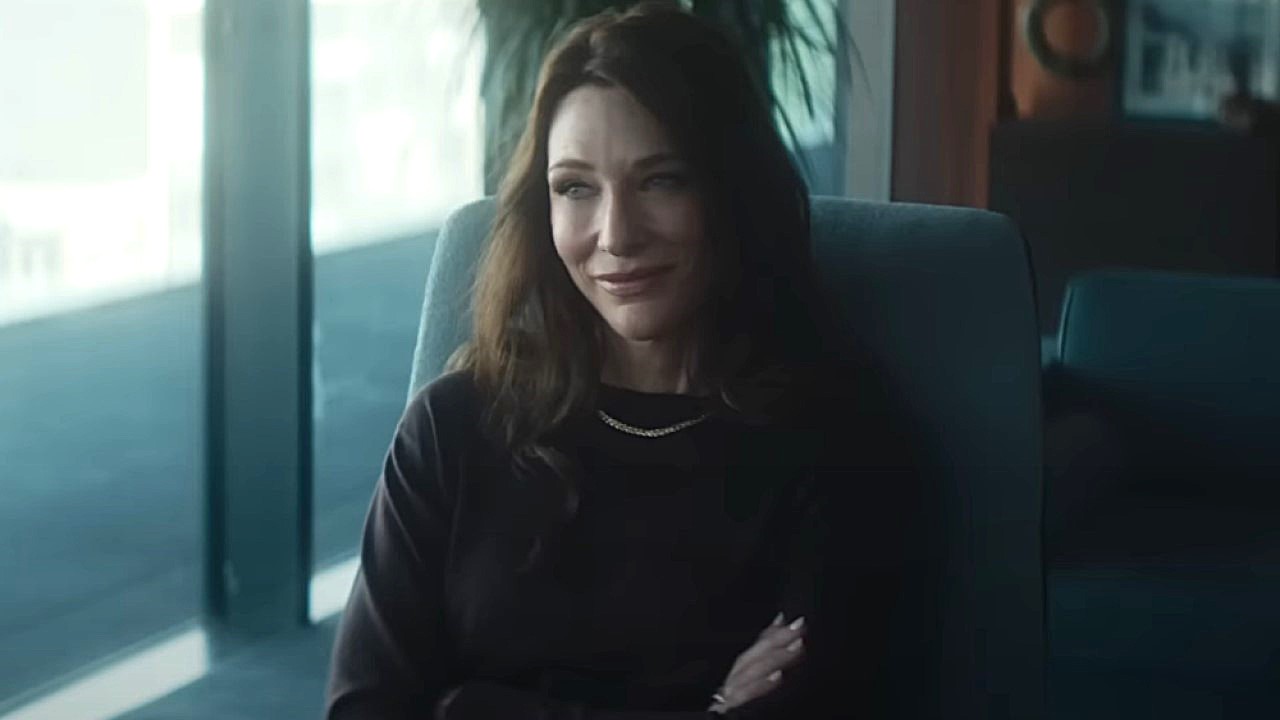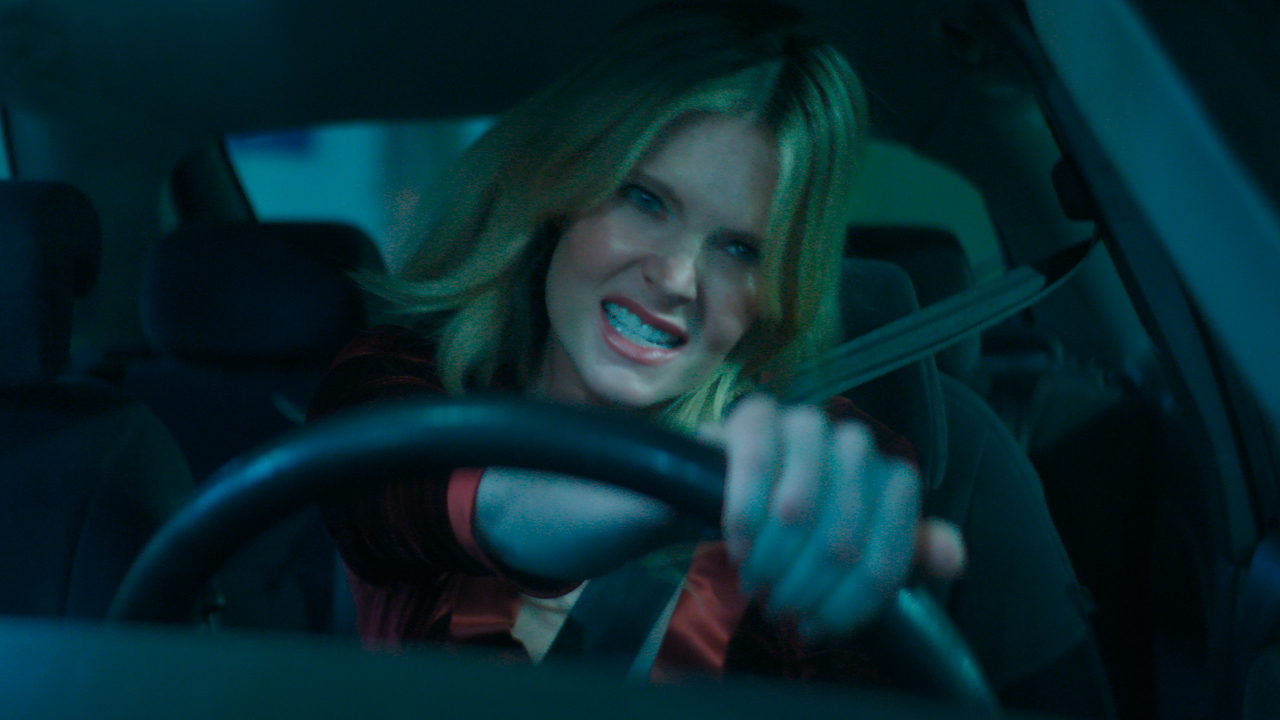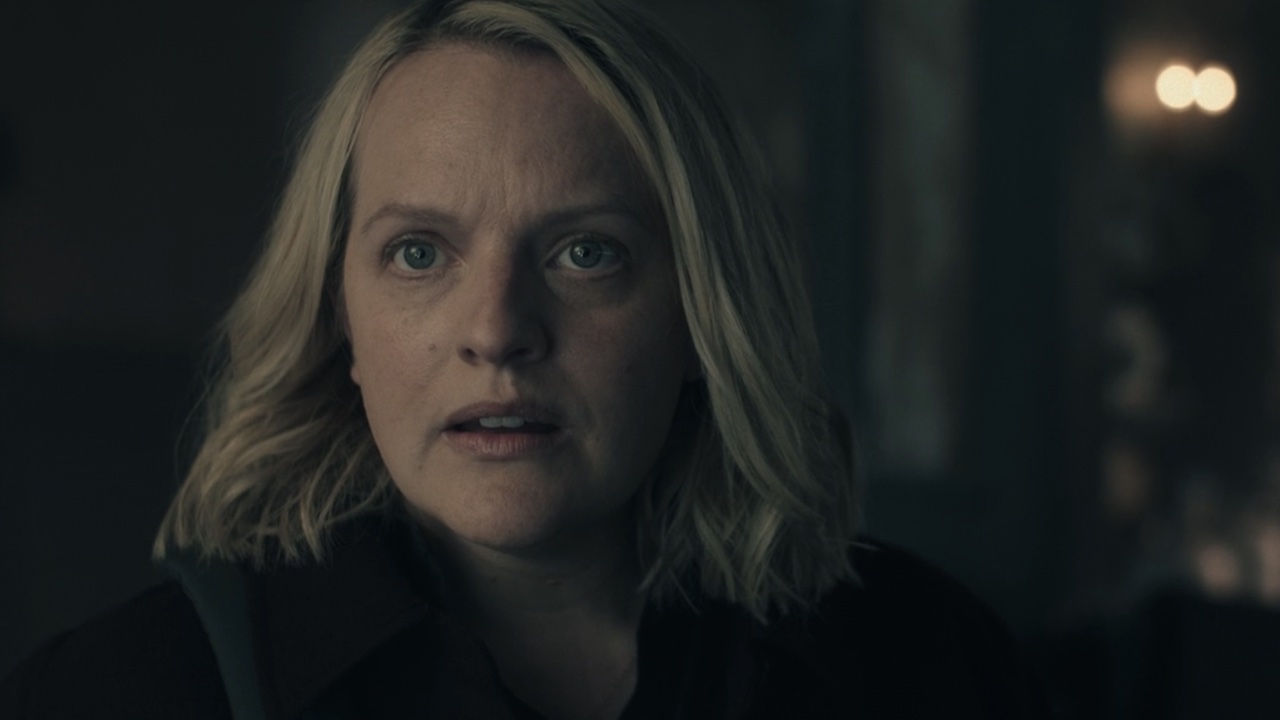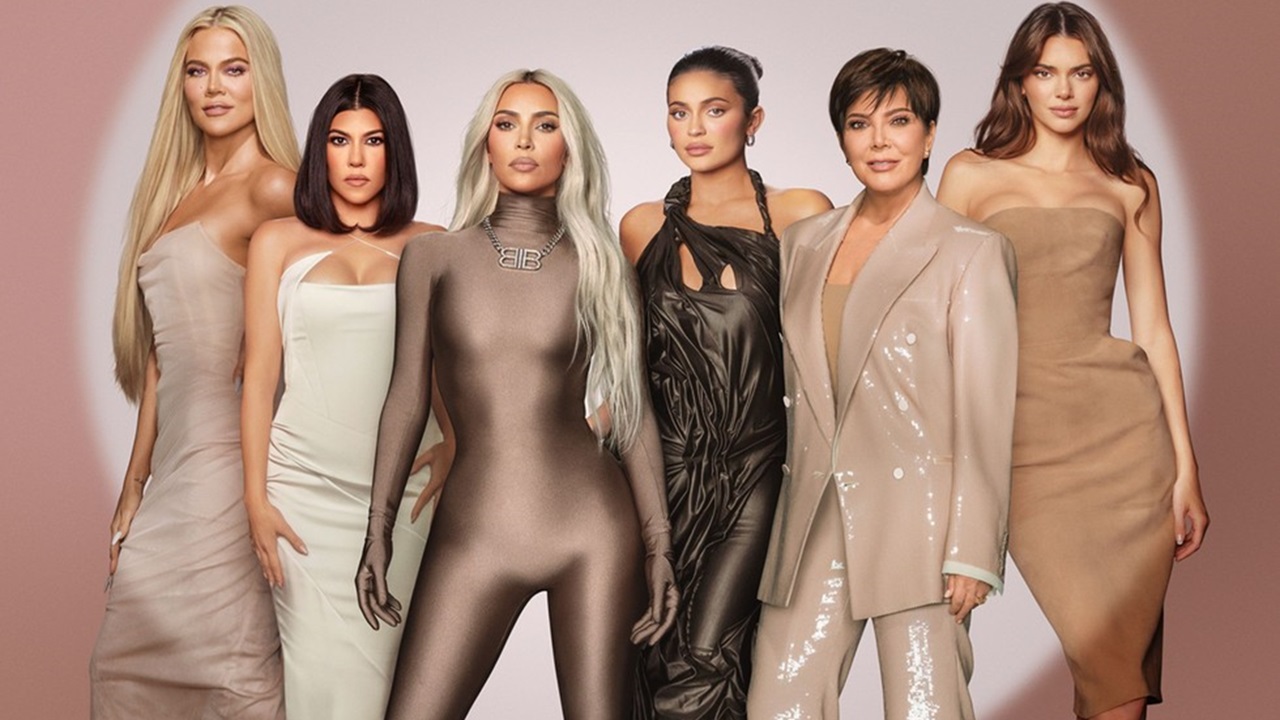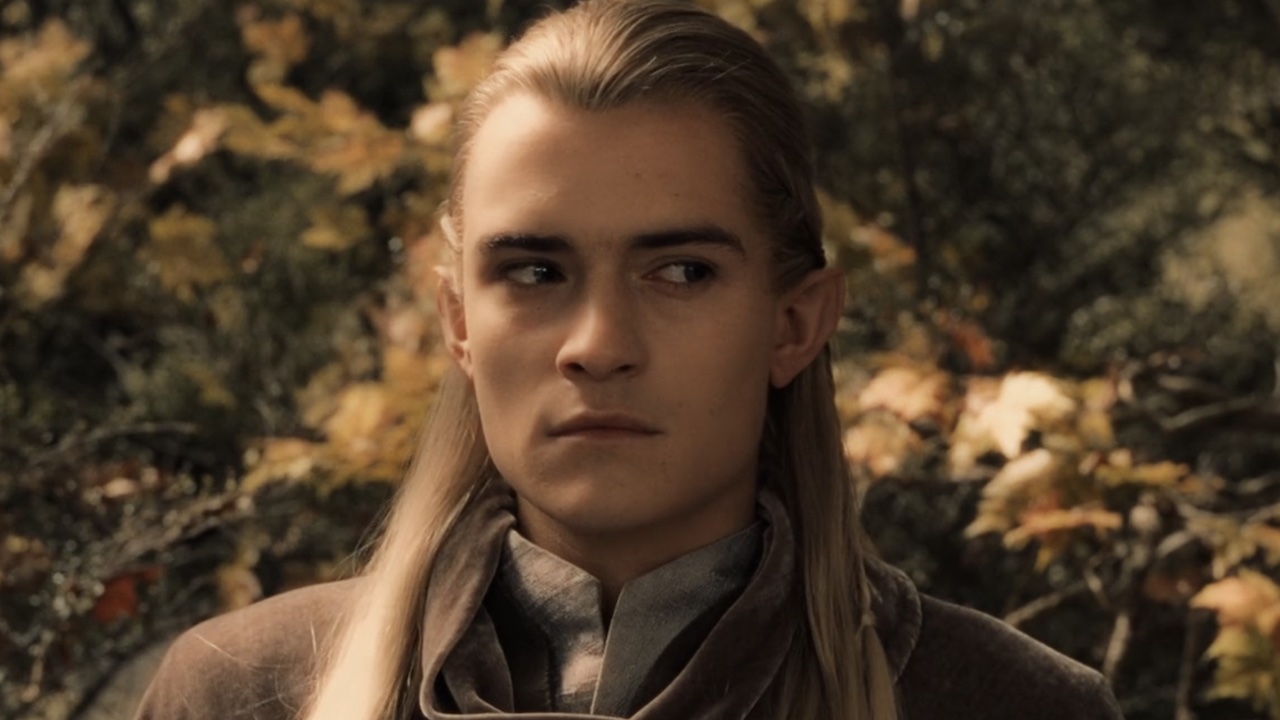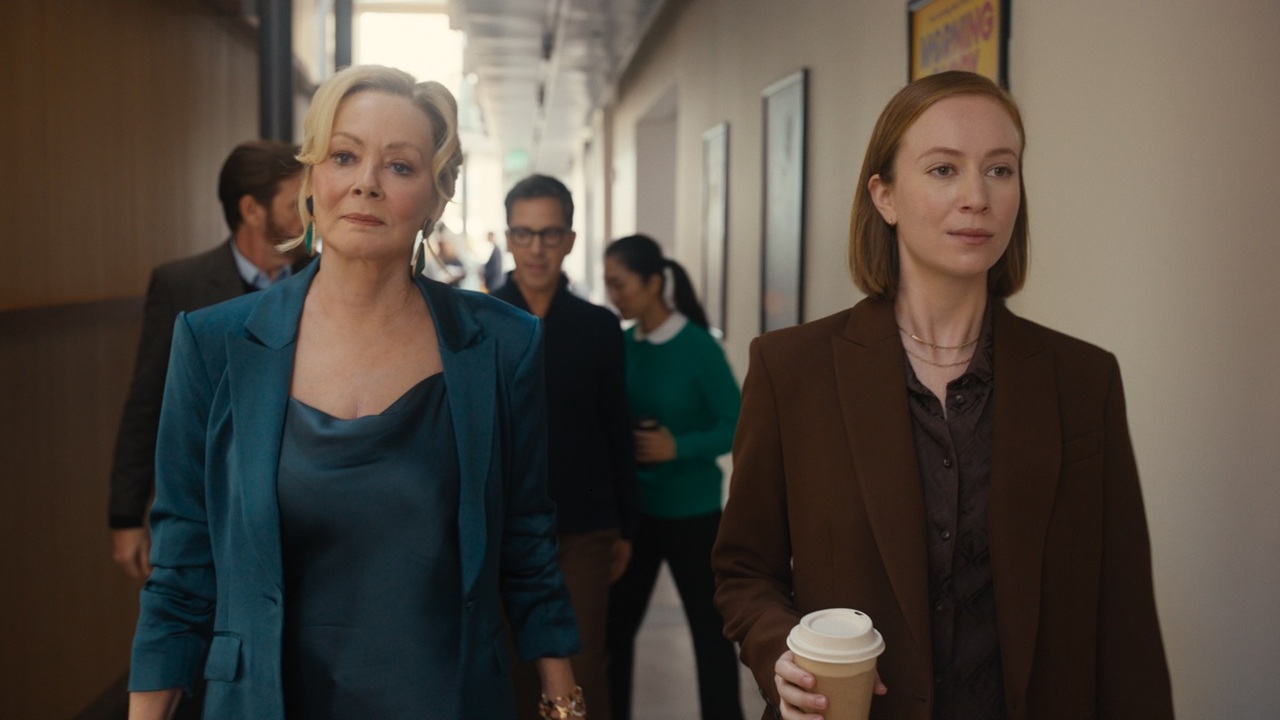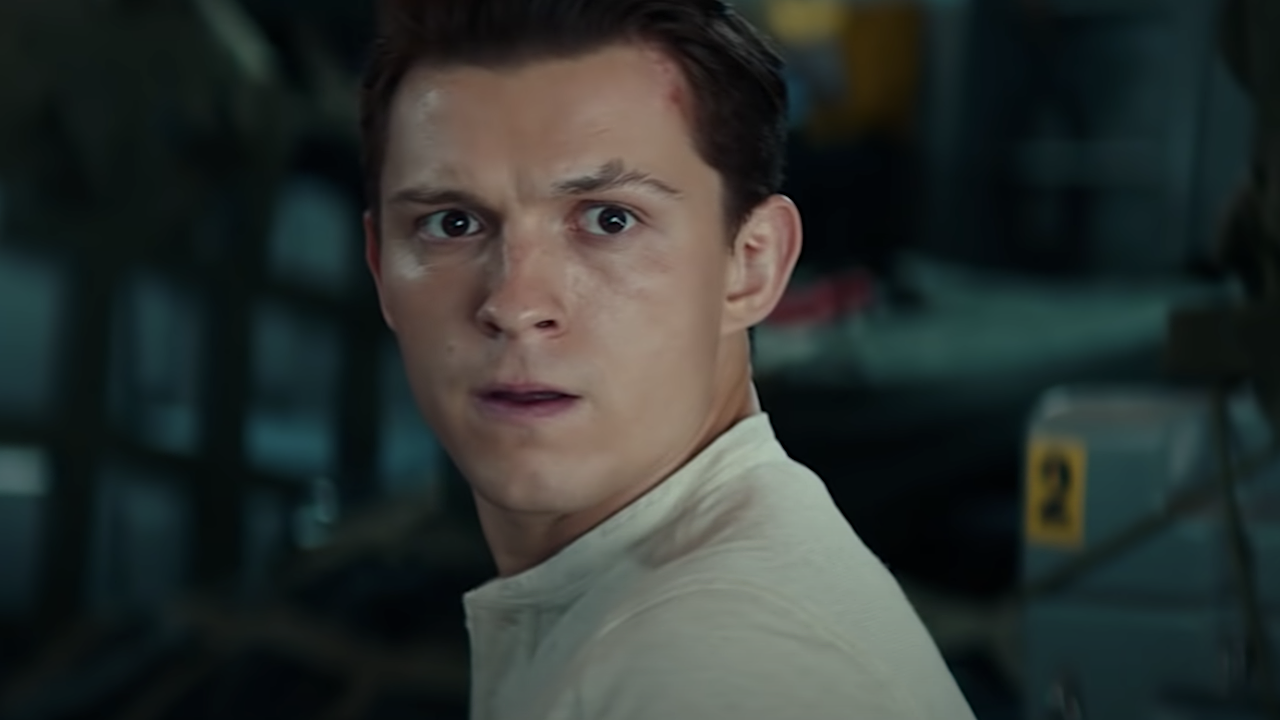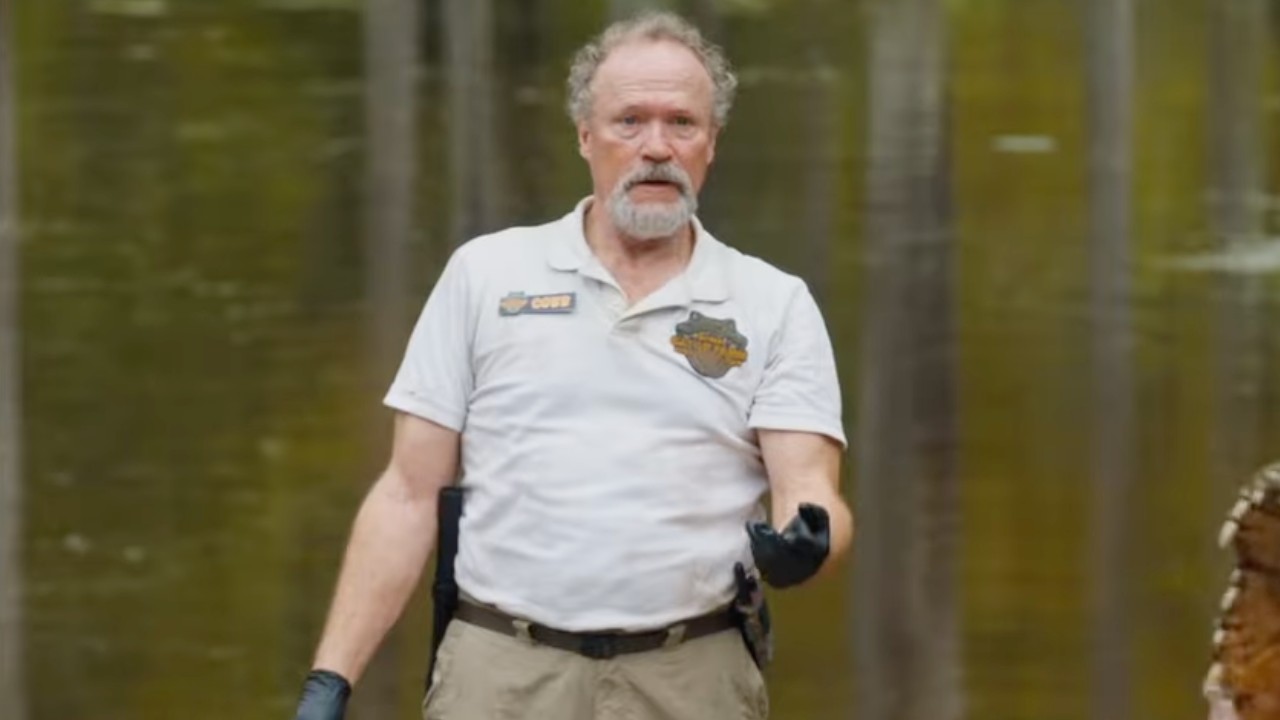Tribeca Review: The Bang Bang Club, Slow To Start But Blows You Away
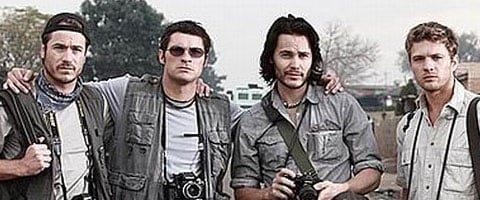
It’s quite obvious why a group of photographers preferred the name The Bang Bang Club to The Bang Bang Paparazzi. Then again, what do you call a team who makes a living snapping combat photos never lifting a finger to help the innocent? Smartly, writer-director Steven Silver let’s you decide that for yourself, not turning his first feature narrative, based on a true story, into a message film, rather an experience making it all the more profound.
The Bang Bang Club opens with Kevin Carter (Taylor Kitsch) in the midst of a radio interview focusing on his line of work. After being stumped by a question probing for what he thinks makes a good photo, we cut to four years earlier, April 1994, post Apartheid South Africa. When photographer Greg Marinovich (Ryan Phillippe) boldly treks into a notoriously violent workers hostel and not only survives, but emerges with a selection of fantastic pictures, he’s initiated into a group of photographers who work together to capture the violence regardless of the risk.
Kevin, Greg, Ken Oosterbroek (Frank Rautenbach) and Joao Silva (Neels Van Jaarsveld) go from township to township on the lookout for anything and everything dangerous. Seemingly indestructible, the team dodges bullets and soaks in some of the most horrific visuals without letting their composure crack in the slightest. However, there’s just so long their good fortune lasts and ultimately not only do they pay the price mentally, but physically, too.
The Bang Bang Club starts off rather slow. While Kevin’s radio interview turns out to be a rather nice bookend, it makes for an uninteresting opening. However, once we’re in the battlefield alongside the photographers, the pace really starts to pick up. On the other hand, what doesn’t increase is the amount of character development. It takes a long time to get to know these guys. While we learn a lot about what they do and the rules of the game, watching them jump from street fight to street fight, it isn’t until about halfway through that we really get to know who they are as people and not just as photographers.
Luckily, Silver has the backdrop of the final days of apartheid to hold you over until we can get into the characters’ heads. The daily events during this time are disturbing, but intriguing. Silver shows just enough gruesome imagery to make you understand the devastation, but never goes overboard, always keeping you itching for more. It’s this interest in the state of the region that keeps you engaged until the characters are developed to the point that they can take you the rest of the way.
Both Rautenbach and Van Jaarsveld assume supporting positions, but make waves with them. Their characters’ idiosyncrasies are so well conveyed that even with less screen time than Kitsch and Phillippe, you really feel like you know them and, in turn, honestly care for them. However, this is certainly more Kitsch and Phillippe’s show. Both Kevin and Greg have incredible arcs, starting off as determined and upbeat, but then being consumed by the horrors their career packs.
While Kitsch does an excellent job taking Kevin from happy-go-lucky to deeply disturbed, it’s Phillippe’s transformation that’s the easier to identify with and Silver knows it. We do see quite a bit of the other three men, but the camera appropriately always comes back to Phillippe and he makes good use of the additional screen time. Greg is likeable right from the start. He’s a little naïve, but proves he does know what he’s doing and has good intentions. As the dreadful events seep through his skin, they infiltrate the audience’s as well and when Greg starts to break down you feel it, too.
CINEMABLEND NEWSLETTER
Your Daily Blend of Entertainment News
Further rounding out his character is his love interest. Robin Comley (Malin Akerman). She’s the photo editor so doesn’t hit the ground running with the guys, but after a long day’s work, the action always shifts back to the safety of the town in which their headquarters is located and, in turn, lands Greg back into her arms. The relationship kicks off a little abruptly, but ultimately the chemistry is strong enough that there’s no denying the romance is real. You’d think hanging back as an editor would leave Akerman out of the action, but a surprisingly significant amount of tension arises from the seemingly simple editorial decisions. However, at one point she does accompany Greg on one of his exploits and while there’s little danger in this particular moment, the sequence is quite intense.
In addition to the situation in South Africa and the lives of these photographers, Silver artfully slips in the morality of their job. At first, you catch yourself wondering how they can just watch people die, but soon you’re swept up in the high of the gig, much like The Bang Bang Club. When the glory dulls for them, it does for you, too and that conflict of integrity begins to creep in. Silver never rubs it in your face, rather lets the concept simmer until it’s opportune to boil over so as to be impactful without being imposing.
Silver really almost nails it with The Bang Bang Club. The handheld shooting style is wildly appropriate, the action captured in an all-encompassing yet perspective manner and the performances are of the best quality resulting in piece with the power to stick with you long after the credits roll. There are a number of minor issues including some extremely short and expendable scenes and a confusing time lapse, but these are mere minimal bumps in the road of what’s an incredibly exciting yet troubling film.
Staff Writer for CinemaBlend.

